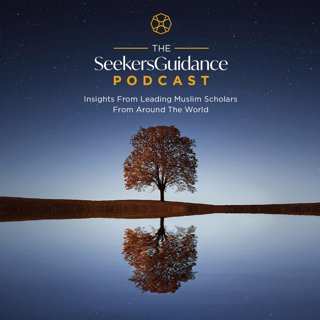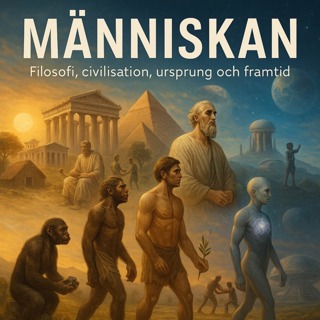
The Importance and Priority of Seeking Knowledge – Shaykh Yahya Rhodus
In this reminder, Shaykh Yahya Rhodus counsels on how to seek sacred knowledge. He particularly emphasizes making seeking knowledge a priority and taking everything in life as a learning opportunity. ...
4 Okt 201945min

The Importance of Repentance – Shaykh Faid Mohammed Said
In this podcast Shaykh Faid Mohammed Said calls the believers to realize the real wrongdoing, is in not repenting and turning to Allah when one errs. He also defines what repentance is. Shaykh Faid go...
27 Sep 201940min

Don’t Fear, Truly God Is With Us The Unconditional Hope- Shaykh Faraz Rabbani
One of the key sunnas of Prophet Muhammad (peace and blessings be upon him) is that he was always positive and full of hope in Allah Most High. It didn’t matter what was happening to him or around him...
20 Sep 201929min

06- The Art of Reading -Shaykh Ahmed El Azhary
In this final episode of The Art of Reading, Dr Yusuf Patel asks Shaykh Ahmed El Azhary to holistically summarize all the various points and aspects which were discussed in the previous episodes. Shay...
19 Sep 201942min

Re-Broadcast-Common Misconceptions about Istikhara – Shaykh Faraz Rabbani
Shaykh Faraz Rabbani discusses salat al-istikhara (the prayer of guidance) by defining it, debunking misconceptions regarding it, the best way to perform it, and easy ways to integrate it into our li...
14 Sep 201956min

Re-Broadcast: Challenges and Choices: Lessons from the Great Day of Ashura
Shaykh Faraz Rabbani discusses the lessons of the great day of Ashura – the 10th of Muharram. This is one of the greatest days of the year – a day the Messenger of Allah (peace and blessings be upon h...
7 Sep 201932min

The Time Is Now: Returning to Allah, the Merciful, in Gratitude and Joy Without Delay- Shaykh Faraz Rabbani
In this Friday sermon, Shaykh Faraz Rabbani reminds us of the great bounties and blessings that God has bestowed upon us in this sacred month of Hajj. Shaykh Faraz calls upon us to recognize and appre...
25 Aug 201916min

Blessings Wrapped in Problems- Shaykh Abdurrahim Reasat
The Many Benefits Hidden in Trials. This sermon looks at the concept of trails and the hidden benefits within them. It is based on a work by Imam ‘Izz al Din Ibn ‘Abd al-Salam, and introduces the Isla...
18 Aug 201932min





















